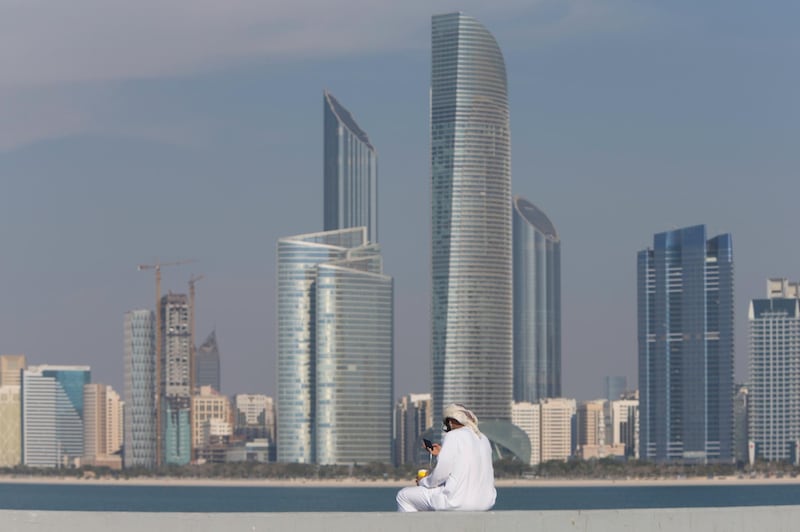Abu Dhabi's Dh50 billion economic stimulus package will lead to initiatives that will propel the real estate market, which remained largely unchanged in the second quarter of this year, according to a new report.
“The new government economic stimulus package has positive implications for the capital with new initiatives directly impacting the real estate market and as with previous government stimuli should lead to an upswing in investment,” Peter Stebbings, national director and head of Abu Dhabi, at consultancy JLL, said on Monday.
On top of improving the market sentiment, the economic package will lead to reduction in costs for developers and will also provide dual licensing options for companies located in free zones. This will allow the firms to bid for and undertake government tenders outside the free zones, JLL said in its second quarter Abu Dhabi real estate market review.
“There has been an increased focus on promoting and implementing public-private partnerships (PPPs) across the region and within the UAE in particular,” Mr Stebbings noted.
The three-year economic package was announced by Sheikh Mohamed bin Zayed Al Nahyan, Crown Prince of Abu Dhabi and Deputy Supreme Commander of the UAE Armed Forces. It is aimed at supporting entrepreneurs, small to medium-sized businesses and the private sector by bolstering growth, attracting more foreign direct investment and creating jobs.
When it was first announced in June, officials were given just 90 days to create a detailed execution plan for execution. The Abu Dhabi Department of Economic Development is already implementing seven of the 10 strategic initiatives highlighted in the package, Saif Al Hajeri, chairman of the department told The National on Sunday.
The UAE Cabinet earlier this year also said it would allow 10-year visas for expats and 100 per cent foreign ownership in companies outside of free zones. JLL said these measures will boost sentiment in the Abu residential market, where rents and sales prices remained soft in the second quarter. Apartment rents declined by 2 per cent quarter-on-quarter, while sales prices of apartments fell by 3 per cent.
______________
Read more:
[ Abu Dhabi sales and rental values 'to stabilise' in second half 2018 ]
[ Dubai rents decline by 5% in second quarter, says Cavendish Maxwell ]
[ Abu Dhabi rental declines to slow in 2018, says Core Savills ]
_______________
UAE property markets have slumped amid a three-year oil price slump. Rental and sales prices faced downward pressure from rising new supply, muted demand and tightened consumer budgets. Prices are expected to decline for the rest of 2018, albeit at a slower rate, before starting to pick up next year as market sentiment rebounds on the back of an improved economy and higher oil prices, analysts have said.
JLL said office rents fell slightly in the second quarter as the consolidation of businesses continues to take place and some companies choose to downsize their workforce.
“Employment levels in Abu Dhabi continue to be affected, specifically in government agencies and financial service entities, placing downward pressure on rental rates,” the consultancy noted.
The introduction of 5 per cent VAT earlier this year has prompted retailers across the UAE to shift their focus to ways in which they can provide greater value to shoppers who have become more price-conscious.
Although retail owners have become more generous with contract terms, the vacancy rate in the retail space rose to 15 per cent in the second quarter of this year from the 2 per cent recorded for the same period in 2017, according to the report. Prime retail rents in the capital have dropped 5 per cent year-on-year as well, it added.







